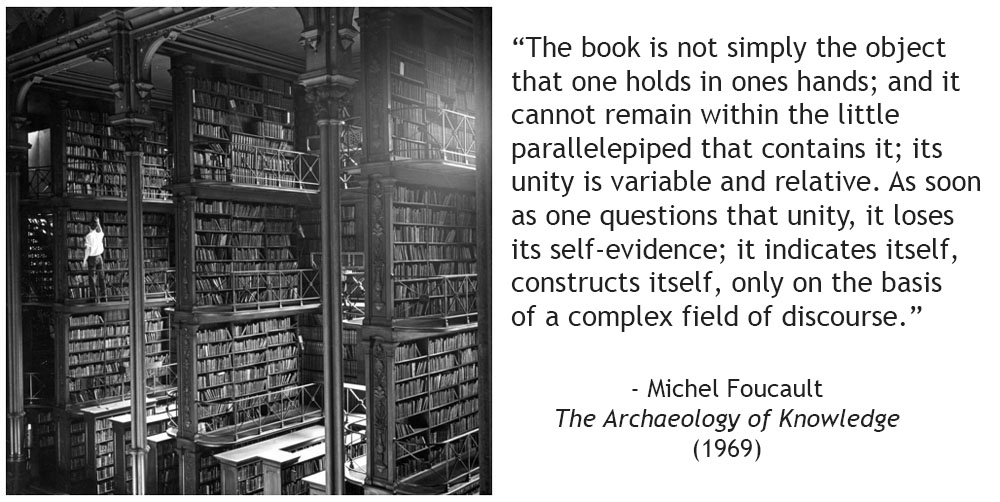 Read more.
Read more.

A Peer Reviewed Blog
 Read more.
Read more.
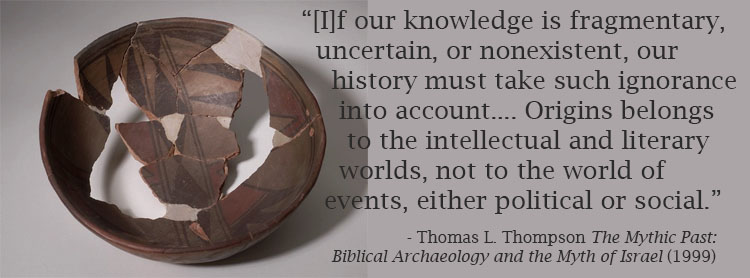 Read more.
Read more.
 Sometime ago I realized that there was important theoretical work signaled by gerunds—verbs that masquerade as nouns; for instance, as I once phrased it, the advantage for a social theorist of the concept “social formation,” as opposed to, say, “social forces,” “society,” “group” or even “institution,” was that it “nicely represents not only the ongoing work of bringing an imagined social group into existence but also the sleight of hand in making it appear always to have existed.” So “social formation” could name a thing, of course, prefaced by an indefinite article, for example, but, simultaneously, it can also name the ongoing process whereby the supposed thing comes into being, repeatedly and continually. Singing a national anthem is therefore an event in the day and life of members of a social formation, yes, but at the same time it is a socially formative act, i.e., a repetitive act constitutive of the formation of a particular, shared idea of citizenship—one element of a never ending process of identifications we might awkwardly term citizenizing. Continue reading “No There There”
Sometime ago I realized that there was important theoretical work signaled by gerunds—verbs that masquerade as nouns; for instance, as I once phrased it, the advantage for a social theorist of the concept “social formation,” as opposed to, say, “social forces,” “society,” “group” or even “institution,” was that it “nicely represents not only the ongoing work of bringing an imagined social group into existence but also the sleight of hand in making it appear always to have existed.” So “social formation” could name a thing, of course, prefaced by an indefinite article, for example, but, simultaneously, it can also name the ongoing process whereby the supposed thing comes into being, repeatedly and continually. Singing a national anthem is therefore an event in the day and life of members of a social formation, yes, but at the same time it is a socially formative act, i.e., a repetitive act constitutive of the formation of a particular, shared idea of citizenship—one element of a never ending process of identifications we might awkwardly term citizenizing. Continue reading “No There There”
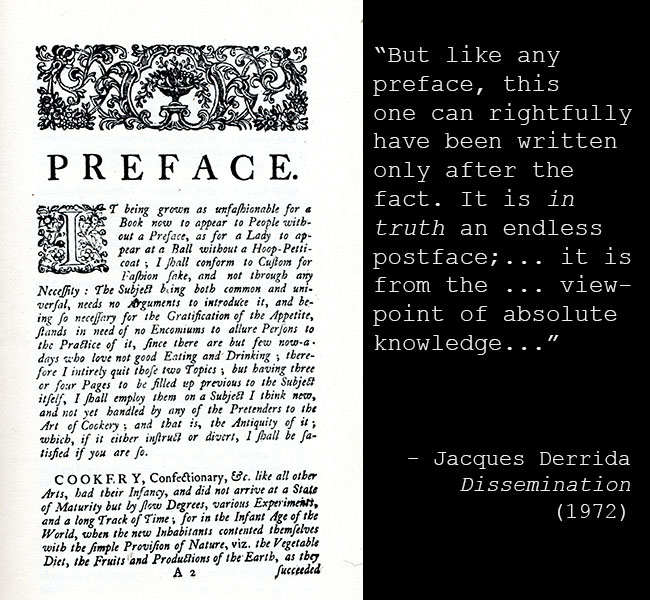 Read more.
Read more.
 Discourse sorts our world, as Craig Martin illustrated nicely in a post last week. Identity labels are an aspect of discourse, but they also operate in another way, beyond organizing people. Labels also push people to conform by presenting a normative sense of who they are/should be. Continue reading “When the Labels Don’t Fit”
Discourse sorts our world, as Craig Martin illustrated nicely in a post last week. Identity labels are an aspect of discourse, but they also operate in another way, beyond organizing people. Labels also push people to conform by presenting a normative sense of who they are/should be. Continue reading “When the Labels Don’t Fit”
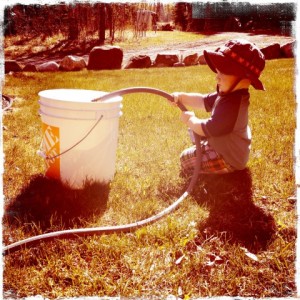 In Sex/Gender: Biology in a Social World, Anne Fausto-Sterling provides us with an interesting metaphor with which to think about the nature/nurture debate. Sometimes the discussion is framed in terms of how much nature and nurture each contribute, as if they’re taking turns filling a bucket. Imagine a 100 gallon bucket:
In Sex/Gender: Biology in a Social World, Anne Fausto-Sterling provides us with an interesting metaphor with which to think about the nature/nurture debate. Sometimes the discussion is framed in terms of how much nature and nurture each contribute, as if they’re taking turns filling a bucket. Imagine a 100 gallon bucket:
Suppose two people (oh call one Mr. Nature and the other Ms. Nurture) are filling up that bucket with separate hoses. If Mr. Nature added 70 gallons and Ms Nurture 30, then we could say that the 100 gallons is due 70 percent to nature and 30 percent to nurture. (113) Continue reading “Discourse All the Way Down”
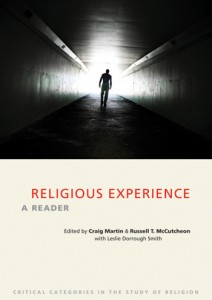 Craig Martin and Russell McCutcheon recently co-edited an anthology on religious experience for Acumen Publishing of the UK–or better put, a collection of critical readings that takes the discourse on religious experience as its object of study, inasmuch as all scholars have to study are claims of experience, regardless the sort. And Leslie Dorrough Smith contributed the critical introductions to each reading.
Craig Martin and Russell McCutcheon recently co-edited an anthology on religious experience for Acumen Publishing of the UK–or better put, a collection of critical readings that takes the discourse on religious experience as its object of study, inasmuch as all scholars have to study are claims of experience, regardless the sort. And Leslie Dorrough Smith contributed the critical introductions to each reading.